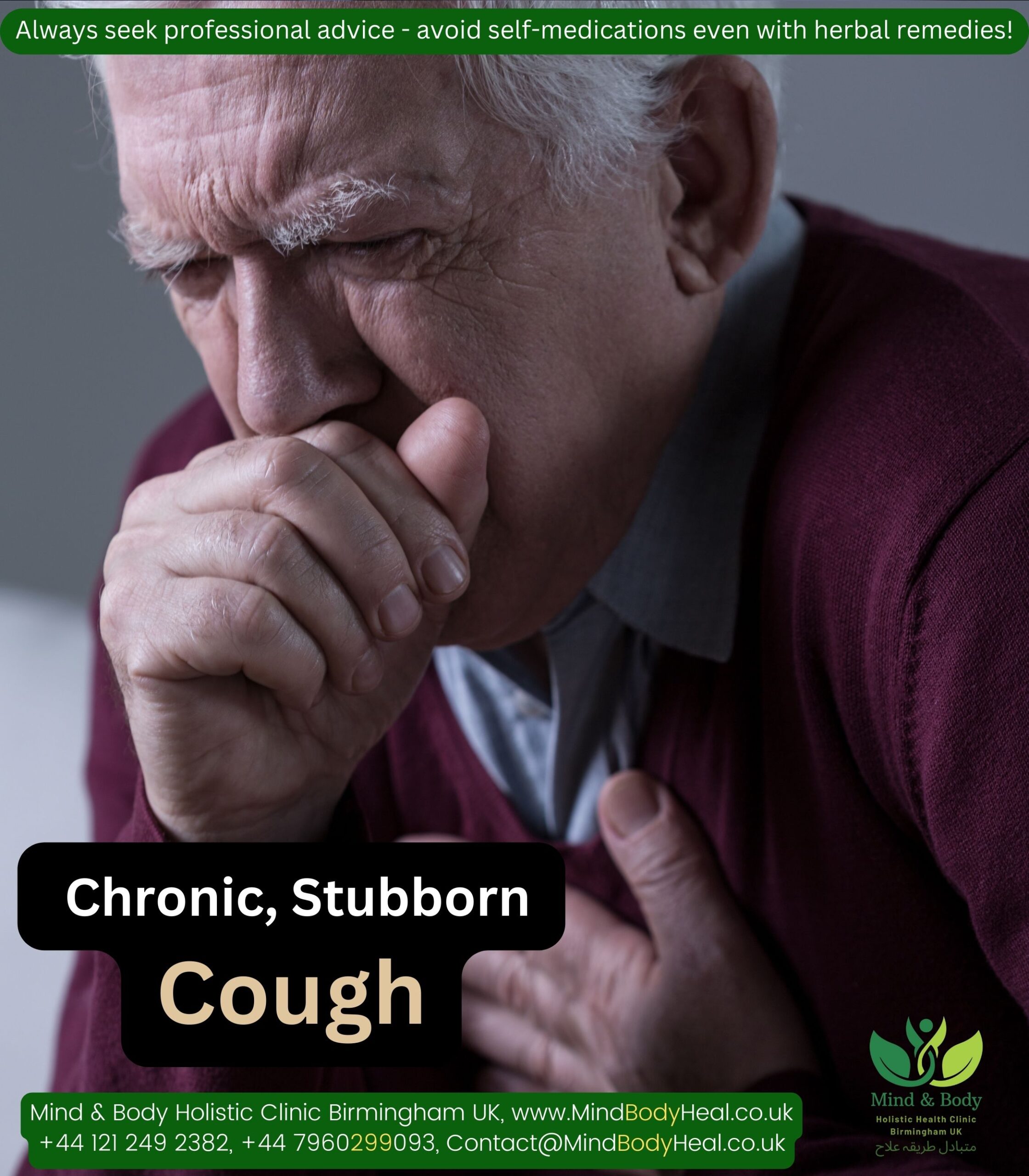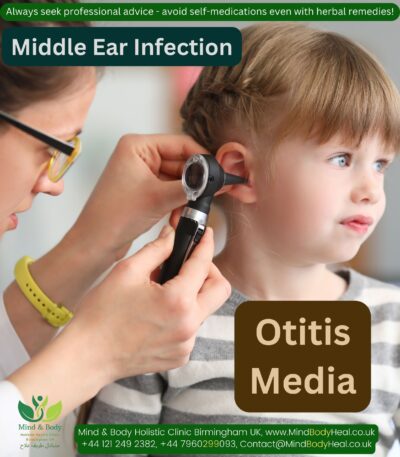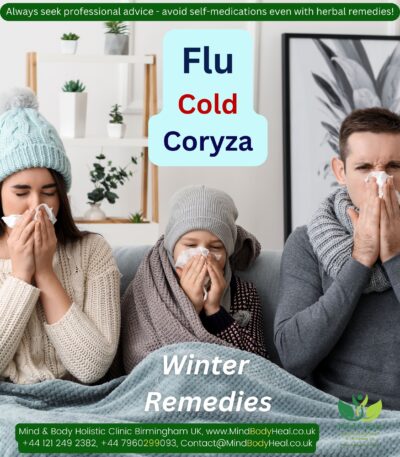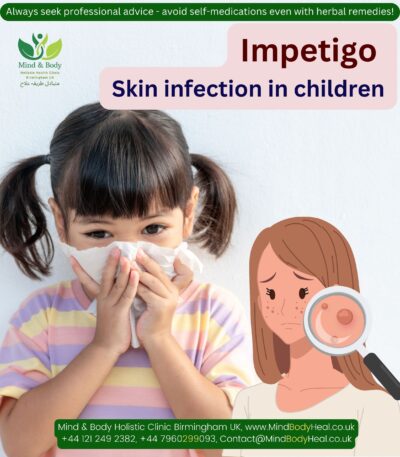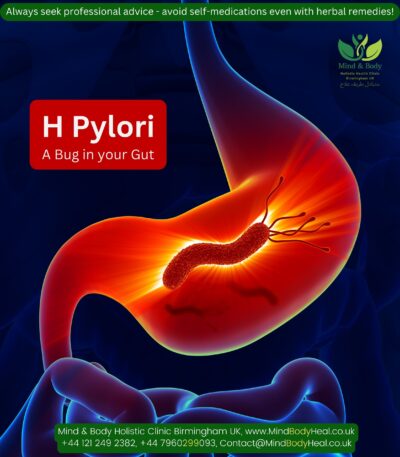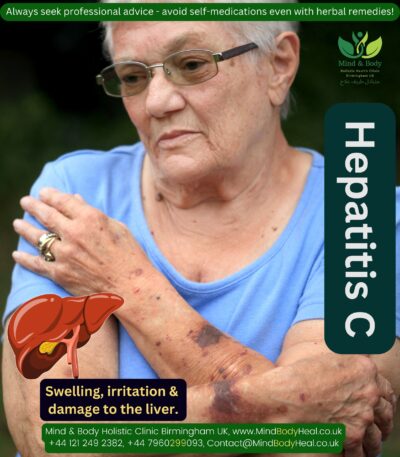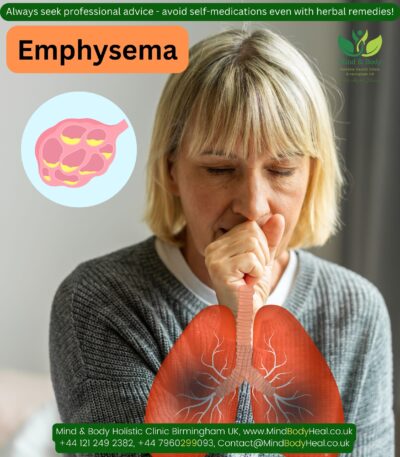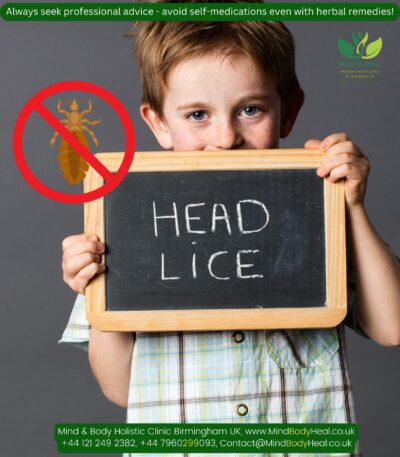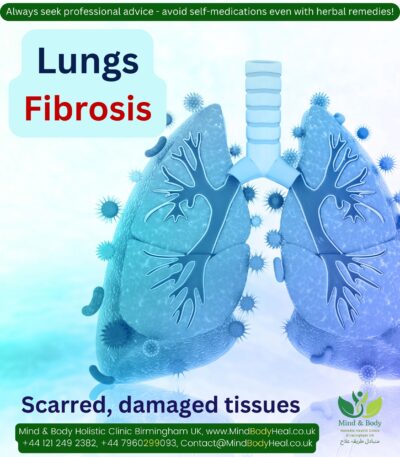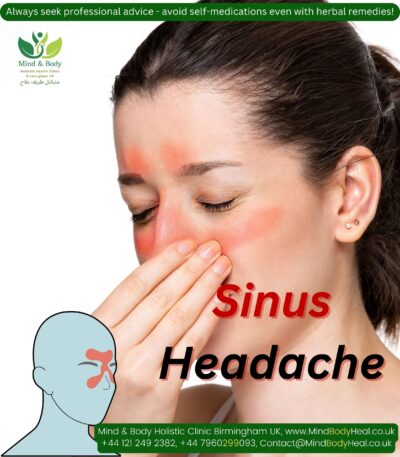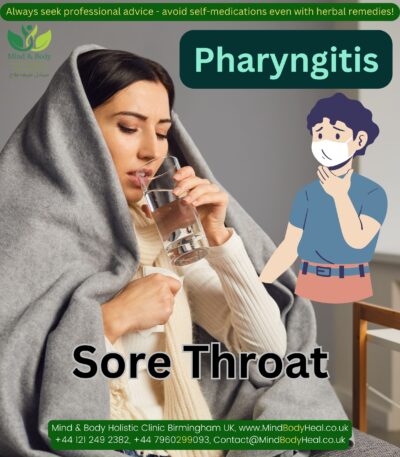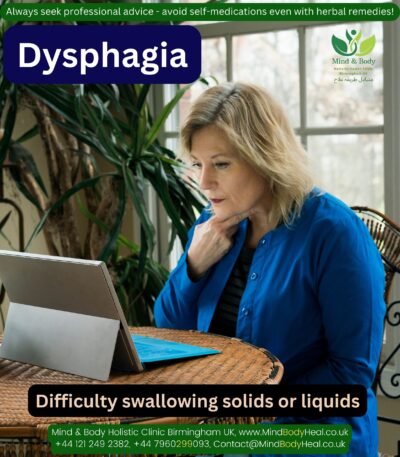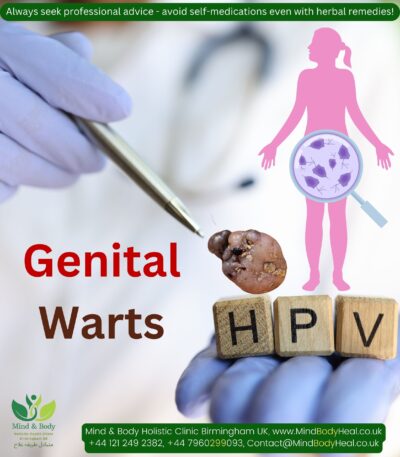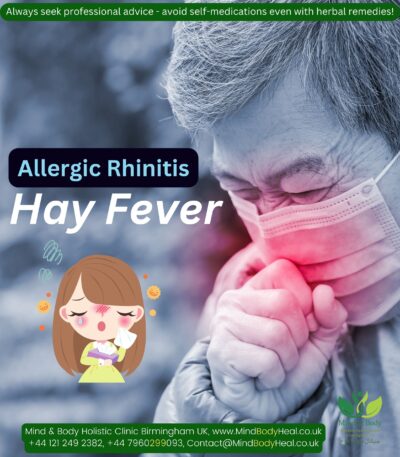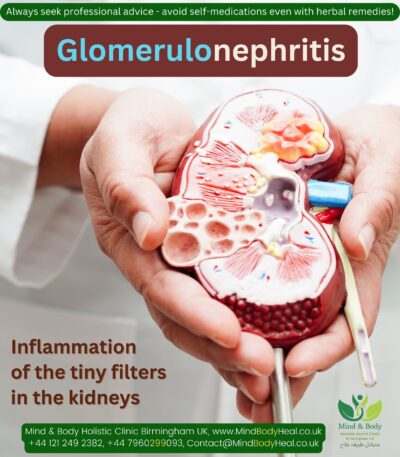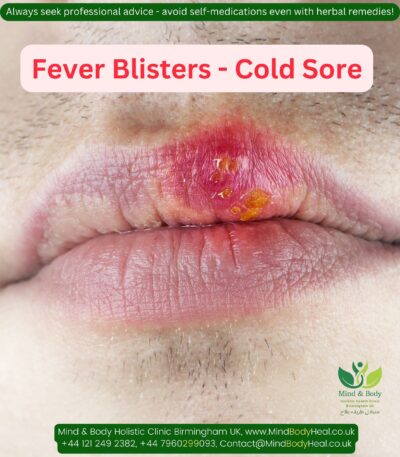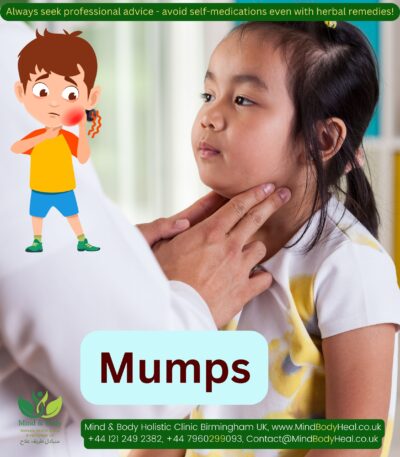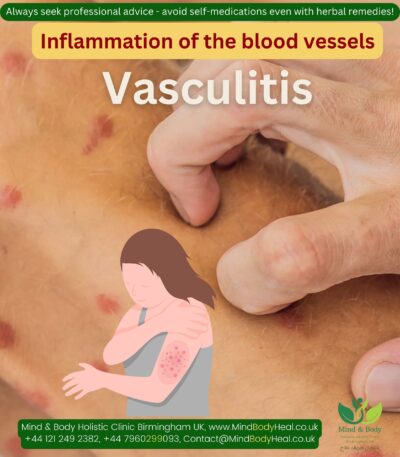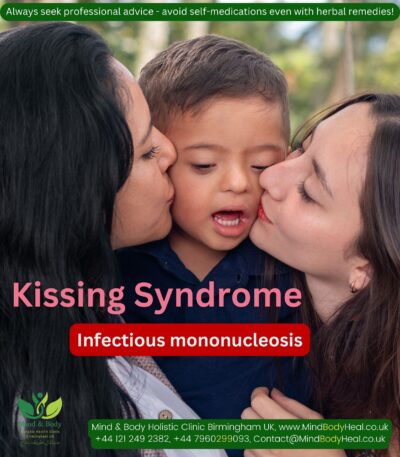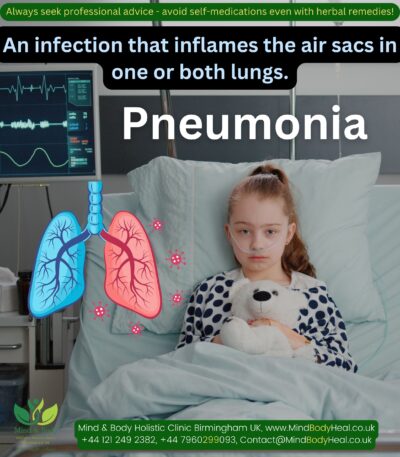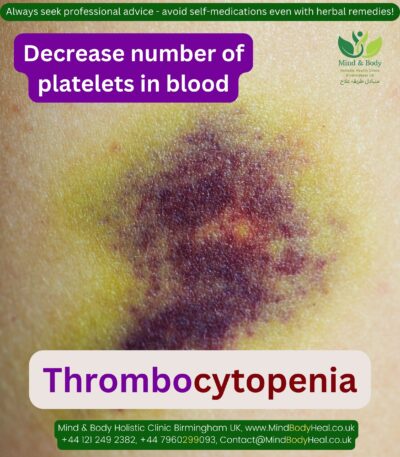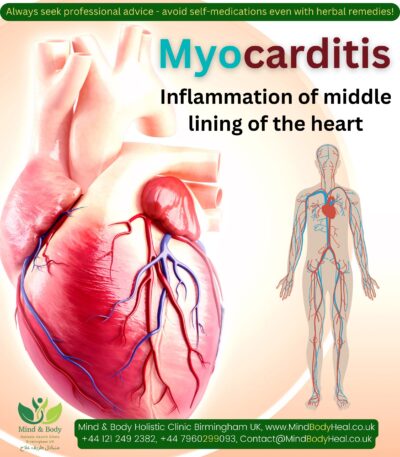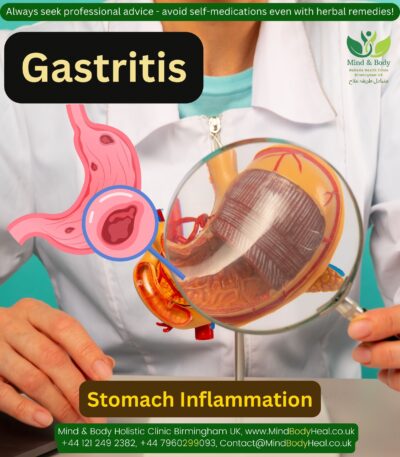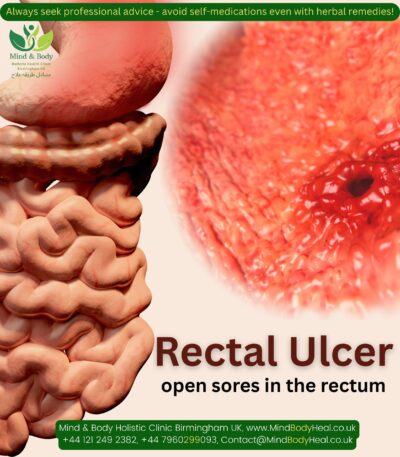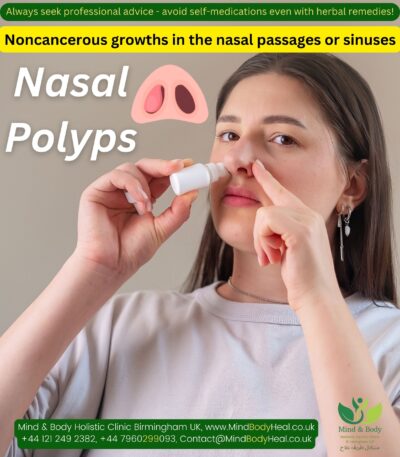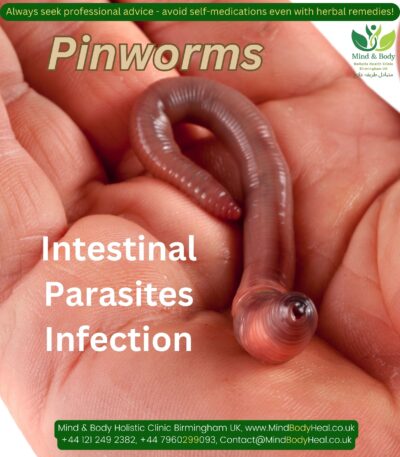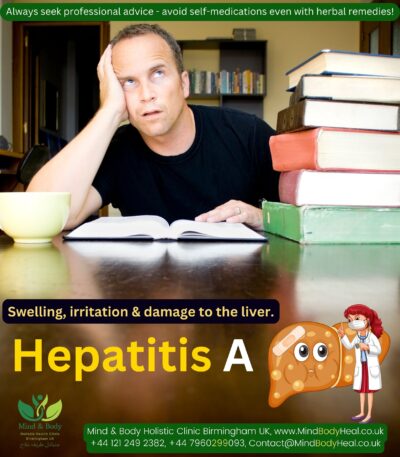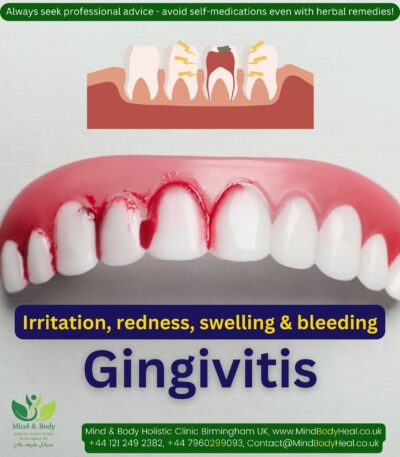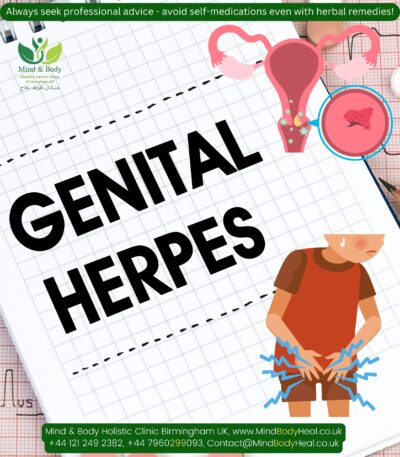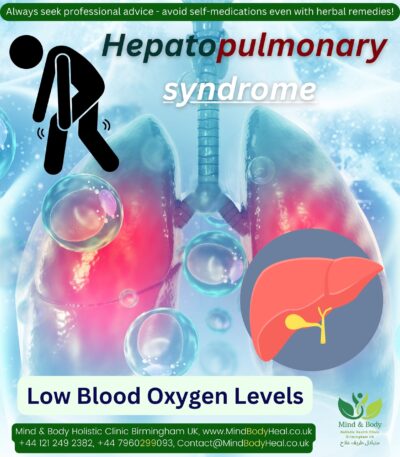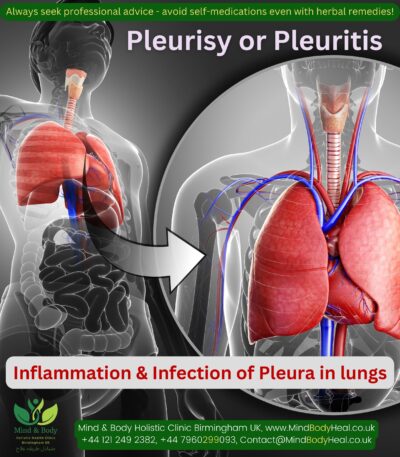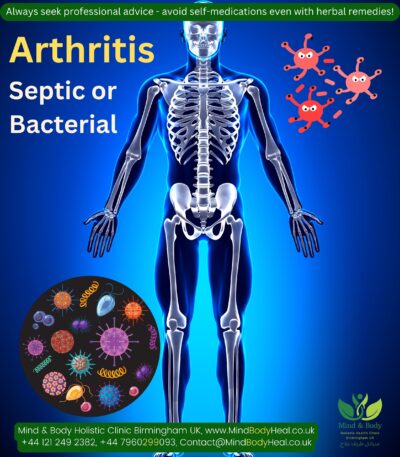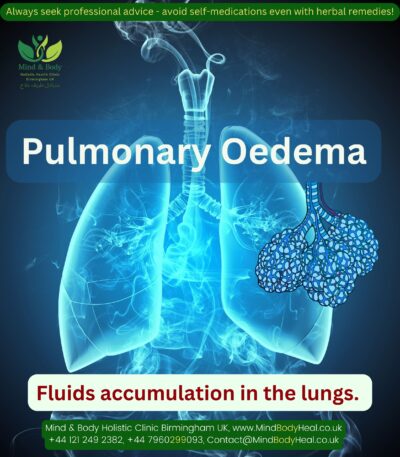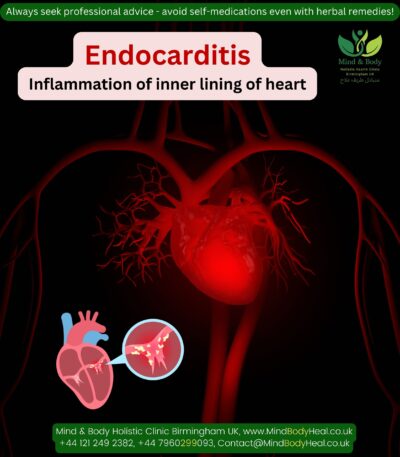COUGH – Coughing is one of the most common health problems. Coughing is the body’s natural response to foreign substances in the lungs airways or the throat that can help protect us from smoke, mucus, dust and pollen etc.
The cough reflex is intended to expel mucus and other unwanted material from the breathing passages.
Acute: A cough is considered ‘acute’ if it lasts less than three weeks.
Chronic: if it lasts longer than eight weeks in adults or four weeks in children. A chronic cough can be a signal of an illness or severe health condition more than just an annoyance.
Common causes of acute cough:
- Inhaling an irritant or a foreign body (such as smoke, dust, chemicals or fume etc)
- Respiratory tract bacterial or viral infections.
- Thermal stimulus – inhalation of cold air.
- Acute sinusitis (nasal and sinus infection)
- Compression of the air passage.
- Common cold or Influenza (flu)
- Pneumonia
- Choking
- Laryngitis
Common causes of chronic cough
- Allergies
- Long-term smoking
- Asthma
- Chronic Bronchitis
- Gastroesophageal reflux disease (GERD or acid reflux)
- Postnasal drip
- Bronchi-ectasis (damaged, dilated airways – a condition in which abnormal widening of bronchial tubes inhibits mucus clearing)
- Bronchiolitis (inflammation of the very small airways of the lung)
- Chronic sinusitis
- COPD (chronic obstructive pulmonary disease)
- Coronavirus (COVID-19)
- Emphysema
- Heart failure
- Lung cancer
- Certain blood pressure medications called angiotensin-converting enzyme (ACE) inhibitors
- Neuromuscular diseases that weaken the coordination of upper airway and swallowing muscles
- Pulmonary embolism (blood clot in an artery in the lung)
- Respiratory syncytial virus (RSV) — especially in young children
- Sarcoidosis (collections of inflammatory cells in the body)
- Tuberculosis
- Laryngeal paralysis in aortic aneurysm.
- Sarcoidosis (collections of inflammatory cells in different parts of your body, most commonly the lungs)
- Idiopathic pulmonary fibrosis (chronic scarring of the lungs)
SIGN & SYMPTOMS OF DIFFERENT KINDS OF COUGH
- Itchy throat, chest pain, and congestion.
- Dry cough in early stages of respiratory tract infections, asthma, tropical eosinophilia.
- Severe cases of chronic cough can cause vomiting, light-headedness and even rib fractures.
- A runny or stuffy nose
- A feeling of liquid running down the back of your throat (postnasal drip)
- Frequent throat clearing and sore throat
- Hoarseness
- Wheezing and shortness of breath
- Heartburn or a sour taste in your mouth
- In rare cases, coughing up blood
- Wet or productive cough in bronchiectasis, lung abscess etc.
- Paroxysmal in whooping cough, bronchial asthma.
- Nocturnal cough in asthma, pulmonary oedema, postnasal drip in chronic sinusitis, reflux oesophagitis.
- Croupy cough, it is harsh, hoarse cough in laryngeal infection.
- Hacking cough, which is short, dry, and irritable e.g., in smokers cough.
- Toneless, whispering, aphonic cough in destructive lesion of vocal cords.
- Exertional cough in early LV failure and mitral stenosis.
- Cough related to meals suggests hiatus hernia, oesophageal diverticulum, or trachea-oesophageal fistula.
FURTHER COMPLICATIONS OF COUGH:
- Feeling exhausted
- Hernia at weak hernial sites.
- Sleep disruption
- Headache
- Dizziness
- Vomiting
- Excessive sweating
- Loss of bladder control (urinary incontinence)
- Fractured ribs
- Passing out (syncope)
Various types of coughs
- Chesty – Wet or Productive cough
This kind of cough sounds wet because it brings up clump mucus or phlegm and mostly worse in the mornings.
It can be “acute,” lasting less than three weeks, or “chronic,” lasting up to several months.
A wet cough is a normal symptom of:
- A cold or flu
- Asthma
- Heart failure
- Chronic Bronchitis
- Chronic obstructive pulmonary disease (COPD)
Contact your doctor if the cough lasts longer than three weeks or you are:
- Coughing up thick, yellow-green mucus
- Short of breath or are wheezing
- Have a high fever
- Have minor chest pain.
- Tickly cough
This is the most common and annoying type of cough that is caused by irritation in the throat.
It is a non-productive cough as it produces little or no phlegm.
Sometimes a post-nasal drip is felt that drips down into the throat. This post-nasal drip triggers the cough reflex.
The most common causes of such coughs are colds, flu, hay fever or allergic rhinitis.
- Dry cough
A dry cough, a type of non-productive cough that does not bring up mucus., mainly occurs due to irritants in the air passages.
A dry cough feels like a tickle in the back of your throat.
It can also lead to bouts of long, hacking coughing.
A dry cough can be a symptom of:
- Colds and flu
- Allergies or hay fever
- Asthma
- Acid reflux
- Bronchitis
- Use of certain medications for treating high blood pressure know as ACE inhibitors.
- Inflammation in your respiratory system
- Allergies
- COVID-19
- Croup
- Irritants such as air pollution, dust or smoke
- Sinusitis
- Sore throat – laryngitis or tonsillitis
- Nervous cough
A nervous cough is aggravated by feeling anxious or stressed and tends to disappear when the person sleeps.
To manage this type of cough the root cause of anxiety or stress needs to be addressed.
- Night cough
It could be one of the more common causes of a cold or flu, it could also be symptomatic of acid reflux.
For asthmatics, coughing typically not only worsens during exercise, but also during the night.
If your cough worsens or seems to appear only at night, this could be an important symptom to identify with your doctor.
- Persistent cough
Also called a ‘chronic cough’ and is defined when a cough lasts more than eight weeks. Patient may also develop symptoms like shortness of breath, chest pain or coughing up blood.
The most common causes of persistent cough are allergic rhinitis, sinus infections, asthma, gastroesophageal reflux, eosinophilic bronchitis, smoking, infection, and medication side effects.
Rarer causes include lung cancer, chest lymphomas, emphysema, sarcoidosis, and fungal infections.
- Croup cough
This type of cough specifically occurs in children under 5.
Croup is a viral infection that causes irritation and swelling in the upper airway, making it difficult to breathe.
A croup cough has a distinctive “barking” sound and can cause a raspy voice and squeaky breathing.
Croup usually does not impact adults whose airways are larger than a child’s.
First signs of croup include a stuffy nose, fever and hoarseness and they develop the high-pitched squeaking noise.
The symptoms worsen at night and when the child is upset. Allow them to breathe some moist air from a steam filled bathroom, ensure adequate fluids are taken.
Talk to your doctor if your child’s croup gets worse or their cough lasts longer than three weeks and your child is:
- Coughing up thick, yellow-green mucus
- Short of breath or are wheezing
- Have a high fever
- Have minor chest pain.
- At-home remedies for a cough
- Whooping cough
Also known as “pertussis”, – a serious respiratory infection which causes violent coughing fits.
The ‘whooping’ sound occurs when the child gasps for breath after a coughing fit.
Coughing complications
Acute complications of coughing include:
- Fainting spells (syncope) after coughing fits
- Insomnia from coughing at night
- Cough-induced vomiting
- Red eyes caused by subconjunctival haemorrhages due to forceful coughing
- Involuntary urination due to coughing.
Chronic complications include:
- Abdominal and pelvic hernia
- Fatigue
- Fractures of lower ribs
- Inflammation of the chest wall (costochondritis)
- Paroxysmal cough
A paroxysmal cough is violent and uncontrolled coughing that is exhausting and painful.
You may struggle to breathe and may even vomit.
If your symptoms get worse after one to two weeks, and you develop a painful and exhausting cough, you should urgently contact a health care provider.
Its common causes may include:
- Pertussis or whooping cough
- Asthma
- Choking
- COPD
- Pneumonia
- Tuberculosis
FREE Shipping included – Usually dispatched within 1 – 2 working days!
Are you concerned about your health or managing a recurring or chronic condition?
Our website provides informed guidance and initial supportive care for individuals who are finding it difficult to access their doctors or who have not experienced desired improvement with conventional options.
We help individuals explore a range of natural and holistic healing approaches to encourage balance and long-term wellness that may complement your healing journey.
We offer a ready-to-use complementary remedies kit designed to ease discomfort and support well-being, with clear instructions for each item.
The kit includes a personalised selection of remedies based on your signs, symptoms, and likely causative factors.
It may combine homeopathic medicines, herbal or daily supplements, a tailored diet plan, lifestyle guidance, practical tips, and topical applications where needed. It’s suitable if you value the healing potential of natural, holistic remedies.
Complementary remedies work best alongside standard medical treatments and can usually be taken safely with your regular medications.
Our homeopathic remedies follow Dr. Hahnemann’s traditional dilution and succussion methods and are prepared by a qualified naturopathic practitioner, supported by research, clinical experience, and observed outcomes in similar cases. Treatment duration can range from a few weeks to several months, depending on severity and chronicity. Outcomes vary with individual factors and case complexity.
If you prefer lactose pills instead of sucrose globules, let us know. Please also provide the patient’s age so we can supply appropriately sized pills. You can simply send this via WhatsApp at 07960 299 093.
These remedies may contain trace amounts of natural plant, mineral, or animal substances, preserved in medical-grade alcohol. Inform us of any allergies or dietary restrictions before purchase.
You may contact us before starting or book a detailed consultation (in person or via teleconsultation) with one of our experienced naturopath for your detailed assessment or personalized guidance.
Natural remedies can affect the body and may not suit everyone. At the start of treatment, some patients—especially with mental health or skin issues—may experience a temporary increase in symptoms. This may represent medicinal aggravation, indicating the body is responding, though symptoms may not be connected and simply coincidental. If they persist, contact us for support.
Why some patients choose natural, complementary or holistic remedies:
• Symptomatic relief and improved well-being
• Gentle options with fewer side effects
• Whole-person focus, addressing physical, emotional, and lifestyle factors
• Root-cause and preventive emphasis
• Encouragement of active self-care
• Support alongside conventional treatment
• Personalised and accessible care
Precautions:
• Inform your healthcare provider about any complementary therapies
• Some herbs or supplements may interact with conventional medications
• Do not replace conventional treatment for serious, chronic, or terminal conditions
These complementary remedy kits are provided for your own discretion and personal responsibility. Use them mindfully and avoid self-medicating in sensitive situations.
If you are looking for a specific remedy / kit not listed on our site or a customized formulation, contact us—our range is extensive and can be tailored to your physical and mental symptoms and causative factors.
Disclaimer:
Natural remedies—including homeopathic remedies, herbal supplements, and aromatherapy products—are generally safe for most people, including children and older adults. Still, consult your GP or healthcare provider before use, especially if pregnant, breastfeeding, or managing chronic or serious conditions.
- Our remedies support general wellness and are not a substitute for medical advice.
- Review product details and make informed decisions before purchasing, particularly for ongoing or serious concerns.
- We provide general guidance only; detailed personalised consultations are not available through this platform.
- These remedies are intended for individuals able to follow instructions independently.
- Our support focuses on product use and general information; repeated or highly detailed personal queries may not receive individual responses.
- If you need frequent reassurance or highly tailored advice, please consult a qualified naturopath or healthcare provider before purchasing.
Due to strict UK regulations on the sale of medicinal products, we cannot give specific advice, without a face-to-face consultation.


